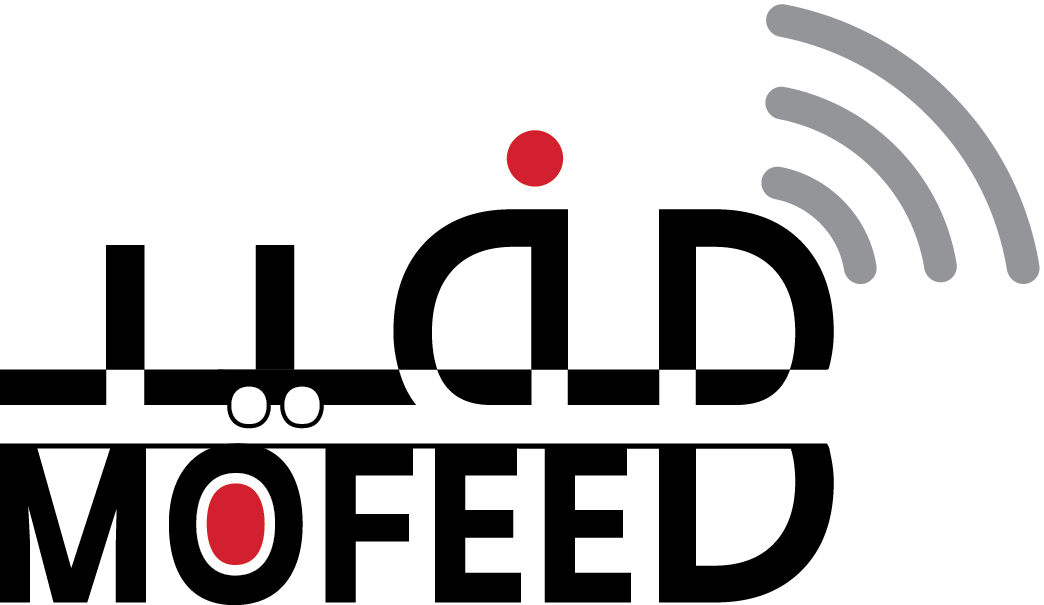The Impact of COVID-19 on Migrants’ Remittances in the Mediterranean– Evidence from Libya and Tunisia
European Institute of the Mediterranean This article highlights the wide range of consequences of and responses to the COVID-19 pandemic as related to remittance outflows from Libya and Tunisia and finds that variables such as length of stay, reason for migrating and region of origin all influenced the likelihood of continued remittance-sending during the pandemic,…
Read More